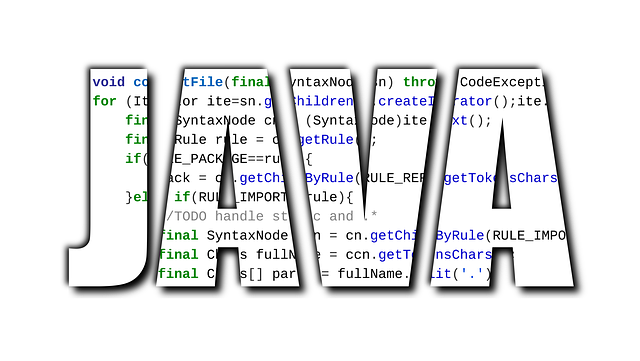Java and Node.js | Top 5 Useful Comparison You Need To Know


Java and Node.js: Ways to modernize and unify the old-fashioned ways that developers follow in web development.
The Internet has been one of the most transformative and fast-growing technologies in our world. It is predicted that by 2069 every single person on Earth will have access to the Internet. So every organization is in dire need to go digital; putting immense pressure on IT teams to develop fast and efficient applications.
Java and Node.js are two innovative solutions aimed at the unification of traditional web development. Node.js is an open-source, backend, cross-platform JavaScript runtime environment, which is used to execute JavaScript code outside a browser. On the other hand Java is a general-purpose class-based object-oriented language.
Below are the top 5 comparisons between Java and Node JS
| Areas of Comparison | Java | Node.js |
| Origin | Object-oriented language created from C++, class-based | Framework created with C, C++, and JavaScript |
| Application | Complex, web-based, highly concurrent | Speedy and scalable server-side |
| Performance | Very low. However, performance can be enhanced by using JIT compilers. | Runs faster compared to Java without any buffering. |
| Security | Highly secure. There are no vulnerabilities, except the ones from integrations. | Vulnerable to denial-of-service (DoS) attacks and cross-site scripting. It lacks default risk management. |
| Best Suited For | Complex, larger, web-based projects that need concurrency | Smaller-sized projects |
Conclusion
Java is a programming language, whereas Node JS is a C, C++, and JavaScript framework. Java is used to develop applications for various environments, including Android apps, video games etc. In contrast, Node.js is a cross-platform runtime environment for creating event-driven I/O bound applications.